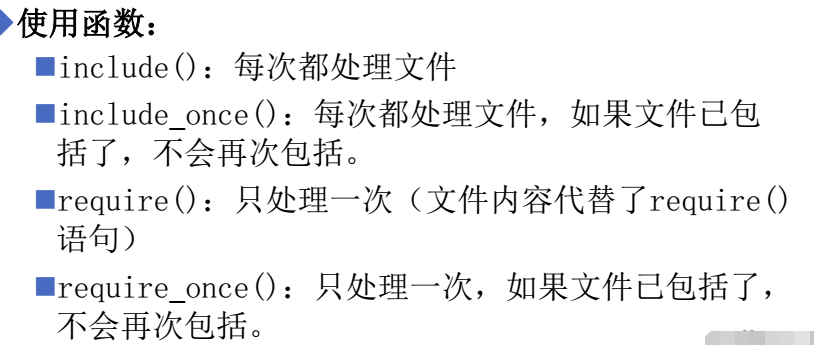1.函数的声明
代码示例:
<?php function make_date_menus(){ $month=array(1=>'January','February','March','April','May','June','July','August','September','October','November','Decemer'); print '<select name="month">'; foreach ($month as $key=>$value){ print " <option value="$key">$value</option>"; } print '</select>'; } make_date_menus(); ?>
运行结果:
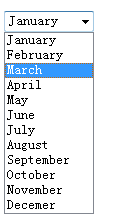
2.函数的参数
代码示例:
<?php //函数创建粘性文本框 function make_text_input($name,$lable){ print '<p><lable>'.$lable.':'; print '<input type="text" name="'.$name.'"size = "20"'; if(isset($_POST[$name])){ print 'value="'.$_POST[$name].'"'; } print '</lable>'; } print '<form action="" method="post">'; make_text_input("name", "姓名"); make_text_input("email", "邮箱"); print '<input type="submit" name="submit" value="注册"/></form>' ?>
运行结果:

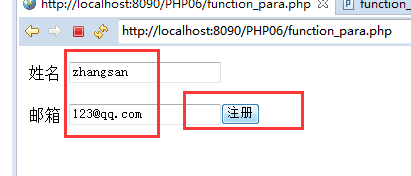
点击注册之后文本框并不清空,这就是粘性文本框
3.函数的返回值
代码示例:

function_return.html
<!DOCTYPE html> <html> <head> <meta charset="UTF-8"> <title>Insert title here</title> </head> <body> <form action="function_return.php" method="post"> 数量:<input type="text" name="quantity" size="5"><br> 单价:<input type="text" name="price" size="5"><br> <input type="submit" name="submit" value="合计"> </form> </body> </html>
function_return.php
<?php function cal_total($quantity,$price){ $total = $quantity*$price; return $total; } if(is_numeric($_POST['quantity'])&&is_numeric($_POST['price'])){ $total=cal_total($_POST['quantity'],$_POST['price']); print '<p>合计:'.$total.'</p>'; }else { print '请输入数字类型'; } ?>
运行结果:


4.变量的作用范围
全局变量:
函数中若要使用全局变量时,在函数内必须使用global关键字定义目标变量,以告诉函数主体此变量为全局。
代码示例:
<?php $one=200; $two=100; function demo(){ global $one,$two; echo "结果:".($one+$two); } demo(); ?>
5.参数传递
(1)传值(值传递)
默认是按值传递参数,函数内部改变了参数的值,不会改变函数体外部的值
代码示例:
<?php function test($a){ $a=200; echo "函数内部传输".$a; //输出200 } $var=100; test($var); echo "函数外部输出".$var; //输出100 ?>
(2)传址(引用传递)
函数定义时,在参数名的前面加上“&”,表示参数按引用传递,函数内部改变了参数的值,会改变函数体外部的值。
代码示例:
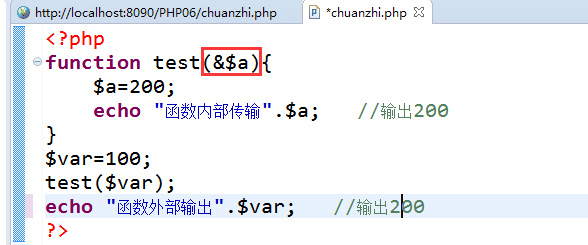
(3)可变长参数列表
如果希望可以接受任意数量的参数时,定义函数时不带参数,在函数体内使用函数fun_get_args(),将传递的参数作为数组返回,同时还可以使用func_num_args()函数获得参数个数。
代码示例:
<?php function more_arg(){ $arg = func_get_args(); for($i=0;$i<func_num_args();$i++){ echo "参数是:".$arg[$i]."<br>"; } } more_arg("one","two","three",1,2,3); ?>
运行结果:
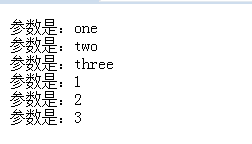
(4)使用自定义的函数库
